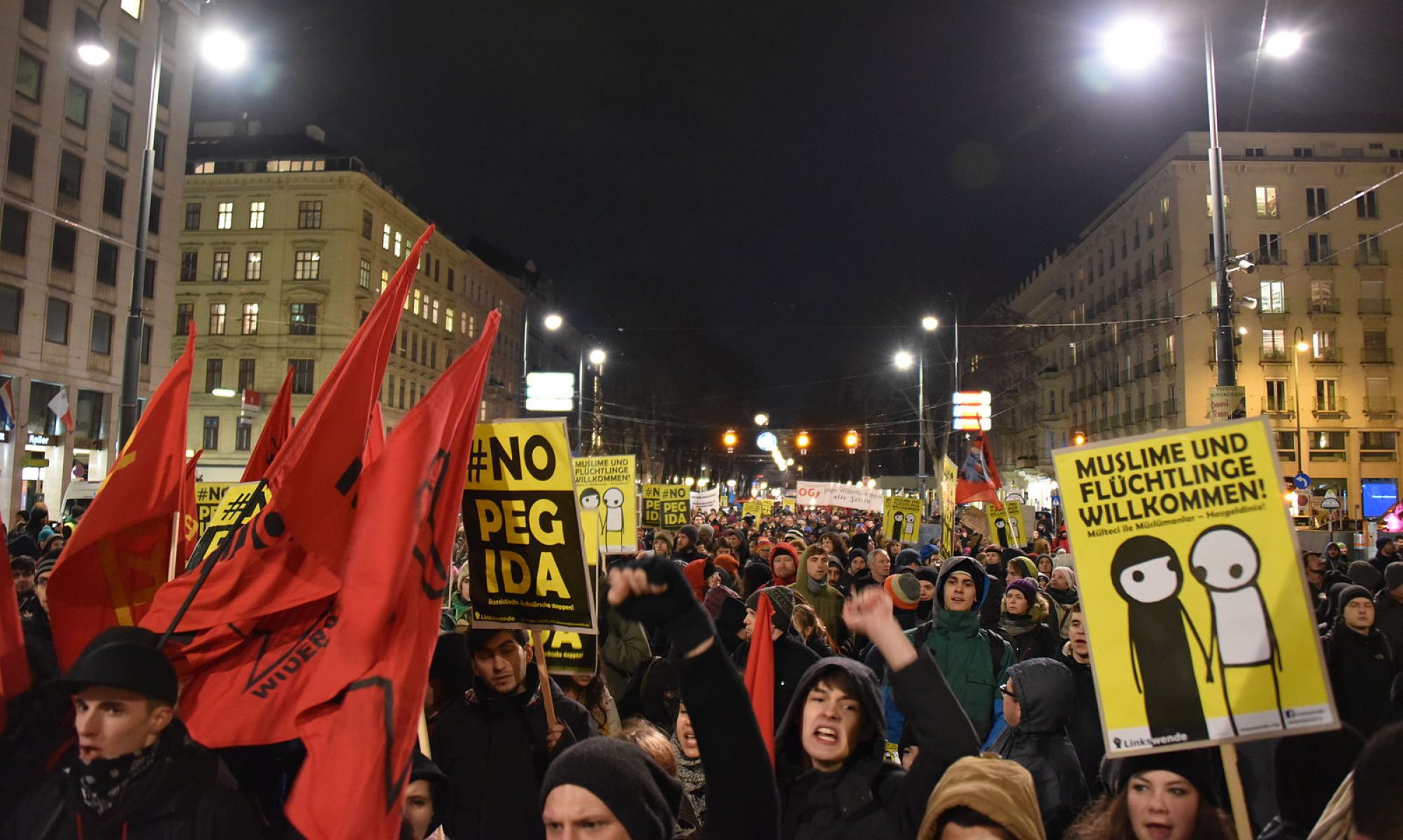In this week’s readings, we learn about fascism and its conflict with internationalism. From what I gathered from the readings, largely from David Motadel and Paul Hanebrink, is that people very strongly believed that communism was a Jewish plot to destroy the nations of Europe which took hold during the Russian Revolution. Fascists instigated fears of a Judeo-Bolshevik conspiracy which sparked a genocide, and was a part of what led to the hatred of the Jewish people in World War Two.
In Hanebrink’s articles, I think it is evident that this paranoia persists in today’s culture in right-wing nationalism. We see this largely in the United States today with their “patriotism”, and I believe an example in the article was of August 2017 where in Charlottesville, Virginia, white-supremicists and neo-Nazis gathered to demonstrate their disapproval of the removal of a statue of Confederate general Robert E. Lee – his military tactics were actually studied and used in WWII. Throughout this reading it is also evident that many people in France, Poland, Hungary, Sweden and the UK advocated strongly for a “white Europebof brotherly nations.” There is no doubt that fascism was getting to be more popular in this era of history as these far-right groups believed in a natural social hierarchy, and a subordination of individual interests for the perceived good of the nation and race. One of the literal definitions of the term. They did this by blaming Jewish “communists” – which some, yes were communist, but not the entire nation as a whole- for promoting homosexuality and multiculturalism. Which we again are seeing this today in parts of North America where these far-right groups stand. Essentially, all of these far-right groups were very anti-communist, which most people are today. However, the way they went about things in a way as fascist which is still not known to be a great thing as we’ve talked about.
In Motadel’s reading, we see that around the world, nationalist anticolonial movements were influenced by these ideals of strong leadership, militarism, by authoritarian principles of governance, and by the adoration of violence. This was also said in the reading to be superior to the liberal values of individualism, parliamentarism, and democracy.
To wrap up, we have learned this week that there are different faces or sides to fascism, and that through propoganda during the early 1900’s in which these readings are focussing on, people can be manipulated into siding with it. Not to mention Berlin’s “anticolonial nationalists illuminates the broader phenomenon of right-wing authoritarian anticolonialism that emerged in the shifting political landscape of the interwar years and reached its peak during the Second World War.”
Works cited:
Paul Hanebrink, A Specter Haunting Europe: The Myth of Judeo-Bolshevism (Harvard University Press, 2018), pp. 1-10, 11-45.
David Motadel, “The Global Authoritarian Moment: The Revolt Against Empire” American Historical Review Vol. 124, Issue 3 (July 2019): 843-877. AND https://www.nytimes.com/2019/07/03/opinion/the-surprising-history-of-nationalist-internationalism.html
